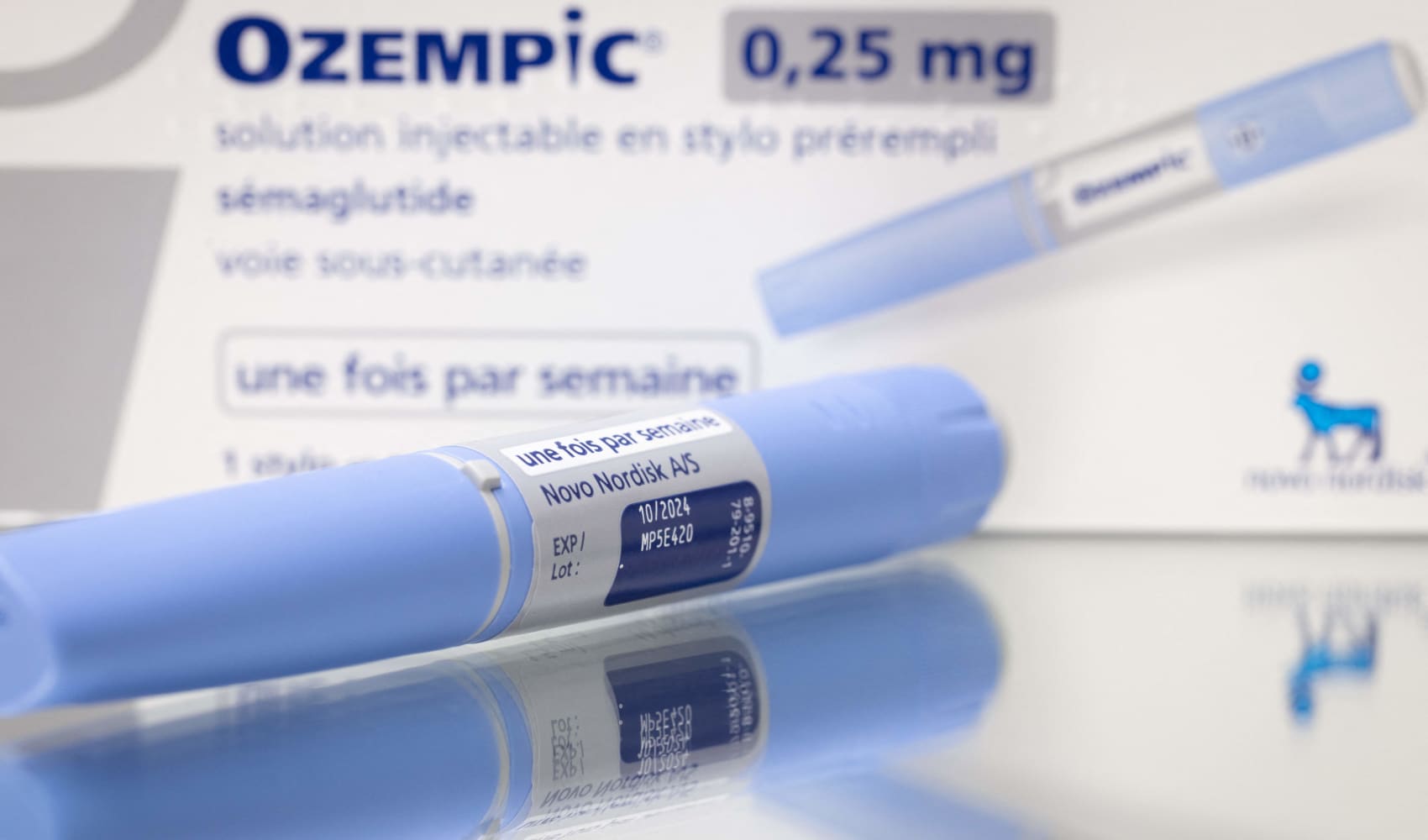Leukemia patients with a similar genetic alteration may need different types of treatment, a new study suggests.
Those with acute myelogenous leukemia (AML) who have so-called cytogenetic abnormalities were long considered the lucky ones: they tended to respond better to treatment than other patients. But comparing two of these irregular genes head-to-head, researchers found that patients with one type of abnormality responded better to chemotherapy than patients who have a related abnormal gene.
This contrast, said Dr. Clara Bloomfield of the Comprehensive Cancer Center at Ohio State University, was even more dramatic in African Americans and non-white Hispanics.
"There was a striking difference in complete remission based on race," said Bloomfield, who led the study. "Non-whites were six times less likely to achieve remission compared to whites."
The findings, which were published in August in the Journal of Clinical Oncology, do not undermine the use of standard treatments. Overall, about half of all AML patients who have these gene irregularities can expect long-term remission with specific drugs.
Bloomfield was among the first researchers to show that patients with such abnormalities responded better than average to chemotherapy. The next step, she said, is to push for further improvements.
"It's not enough," she said of the current success rate for treating AML. "We need to take patients to the next level."
Health
Bloomfield's team followed 144 AML patients who had one of two irregular cytogenes: "8;21 translocation" or "inverse 16." Compared to inverse 16, the 8;21 abnormality was linked to earlier deaths overall and less chance of survival if the cancer returned, despite the fact that patients received roughly the same treatment. Non-whites with the 8;21 abnormality were even worse off, but oddly, there was no racial differences seen with inverse 16.
The reason why this one abnormal gene is linked to lower success rates remains unclear. Meanwhile, Bloomfield said that she and others are busy studying whether new treatment combinations can improve survival rates.
She envisions a future where doctors can match specific genetic information to all the therapies that show an effect against leukemia. The information could then be entered into a computer, which would pick the treatment that might work best for an individual patient.
This era of personalized medicine may be far off. Still, Bloomfield said considerable progress has already been made against AML. When she first started treating patients 20 years ago the average survival was only two weeks. Now, about half of all AML patients are cured of their cancer for many years, and the rates continue to improve.
"That's pretty exciting," said Bloomfield.



